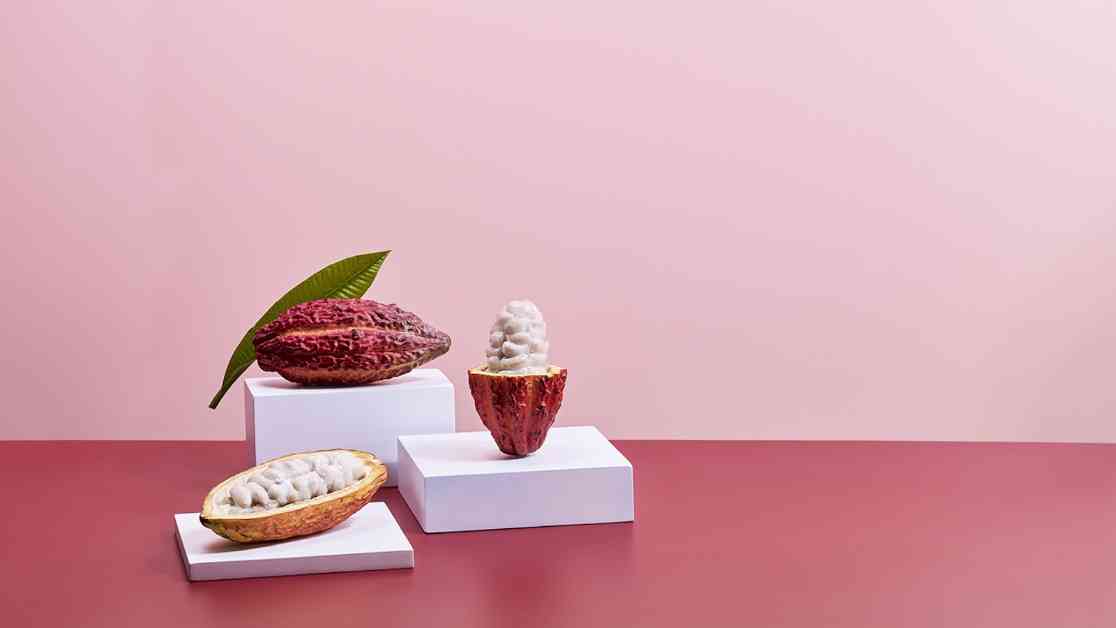When Blue Stripes, a food company, kicked off recipe development in 2018, its CEO and co-founder, Oded Brenner, was all over the kitchen tasting everything. Blue Stripes specializes in snacks made from all parts of the cacao fruit, not just the beans that are crucial for chocolate, but also the pulp and husks surrounding them. From granola to chocolate bars made from whole cacao, Brenner couldn’t resist breaking off a piece of his product whenever he passed by, according to Ben Stone, a former merchandising manager with the company.
Formerly known for co-founding Max Brenner, an international chain of chocolate-themed restaurants in the ’90s, Brenner was often compared to Willy Wonka due to his eccentric decor choices and unique culinary creations. His reputation as a real-life Willy Wonka earned him celebrity status in the chocolate world. However, in 2012, his chocolate empire came crashing down when a conglomerate he had previously sold Max Brenner to sued him for breaching a non-compete agreement. Despite claiming he had verbal permission to start a chocolate-centric coffee shop, Brenner was prohibited from selling or marketing chocolate for five years as part of the settlement.
Blue Stripes marks Brenner’s return to the cacao industry, this time with a focus on tackling food waste. Teaming up with food-industry entrepreneur Aviv Schwietzer, the company aims to utilize all parts of the cacao plant that are typically discarded. Their product range includes juice drinks, fruit snacks from the fruit’s pulp, and various cacao-based snacks and chocolate products. With a recent investment of $20 million from investors like The Hershey Company and Whole Foods, Blue Stripes is set on expanding its customer base. The company’s mission is not only to reduce waste but also to have a positive impact on the environment and local economies in cacao-producing regions like Ecuador.
In the world of chocolate production, cacao beans are the starting point, nestled inside cacao fruits that grow in equatorial regions. The beans are surrounded by pulp and encased in husks, which are often considered waste. The fermentation of the pulp is essential for flavor development in the beans, but the husks are usually discarded, contributing to harmful emissions. By upcycling the husks and pulp, companies like Blue Stripes are aiming to reduce waste and minimize the environmental impact of cacao production. While the impact of waste is significant, deforestation for cacao farming remains the primary contributor to carbon emissions in countries like Ivory Coast.
Various experts in the chocolate industry have expressed optimism about Blue Stripes’ business model and its potential to improve the livelihoods of cacao farmers. By focusing on local processing and direct trade with farmers, the company is paving the way for a more sustainable and ethical approach to cacao production. Additionally, initiatives like waste reduction and upcycling could help prevent further deforestation in cacao-producing regions, given the right conditions and support from local governments and organizations. Despite challenges in popularizing whole cacao in the United States, Blue Stripes is banking on health messaging and the versatility of cacao to win over consumers and make a positive impact on the industry.














